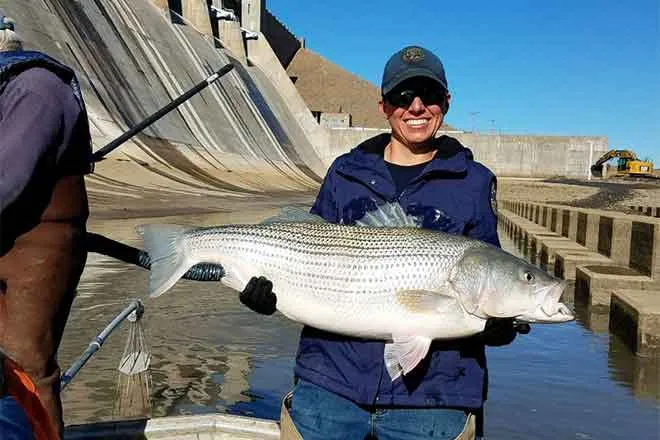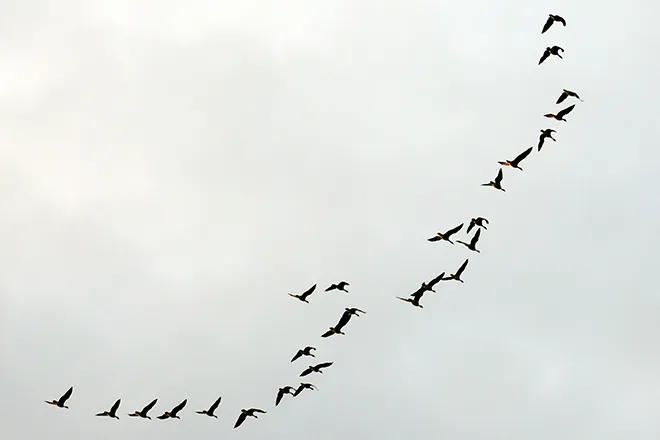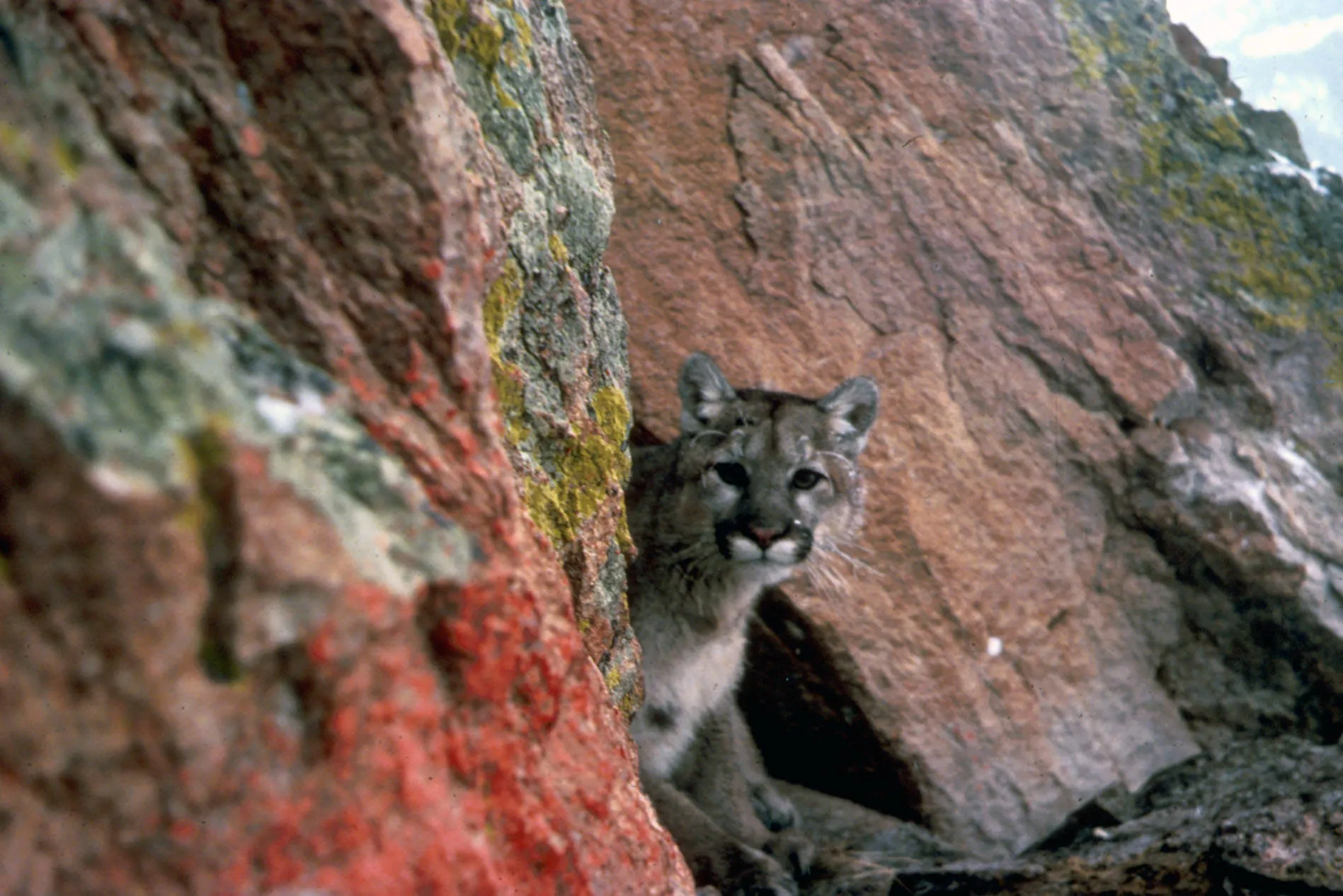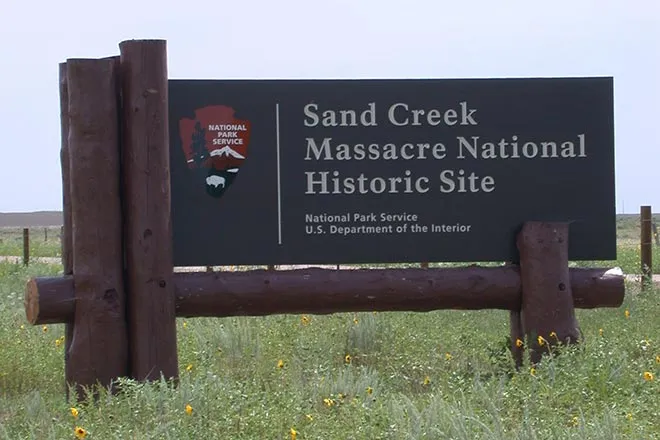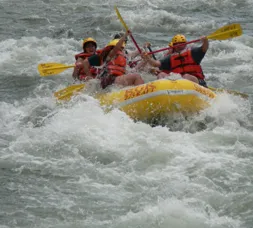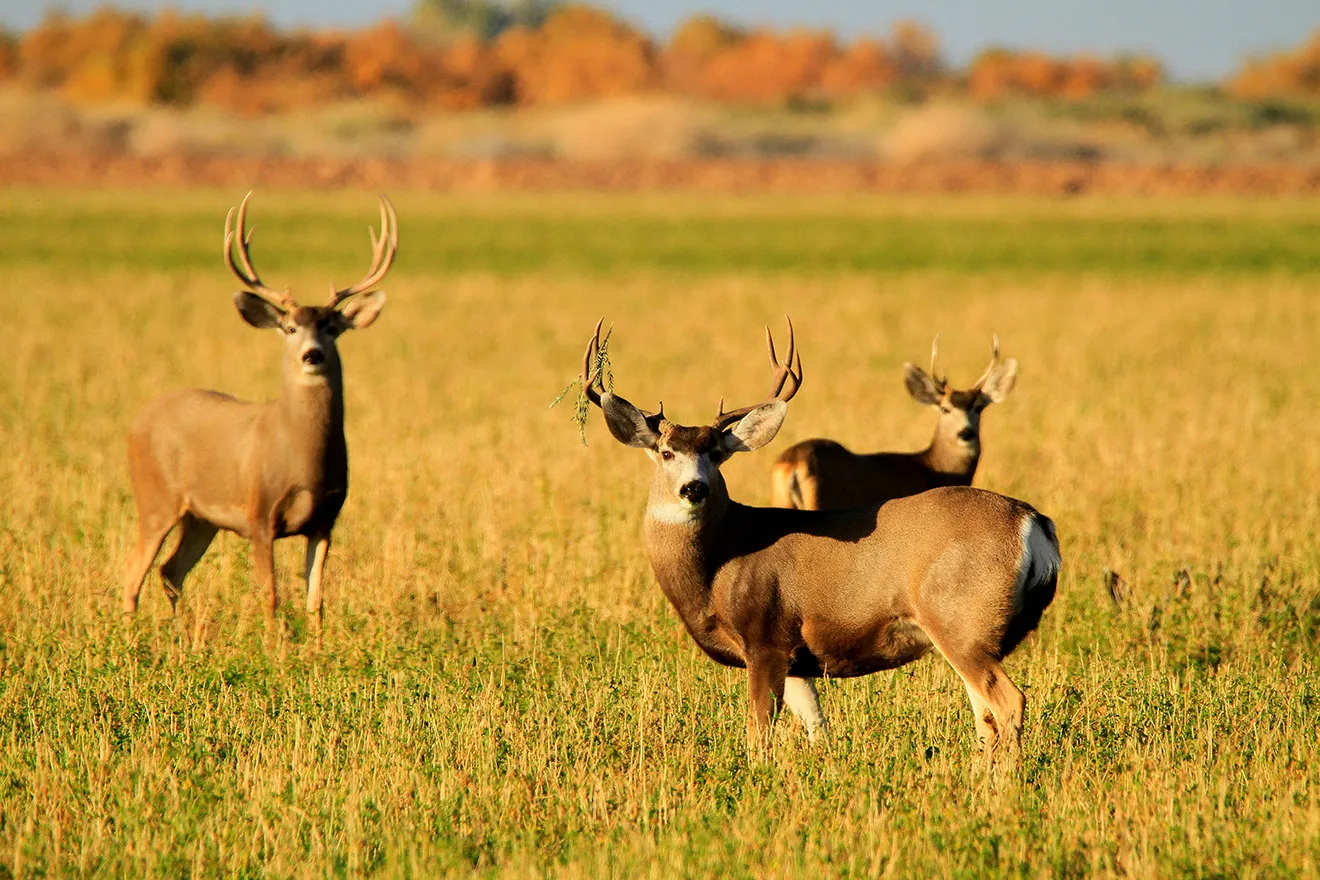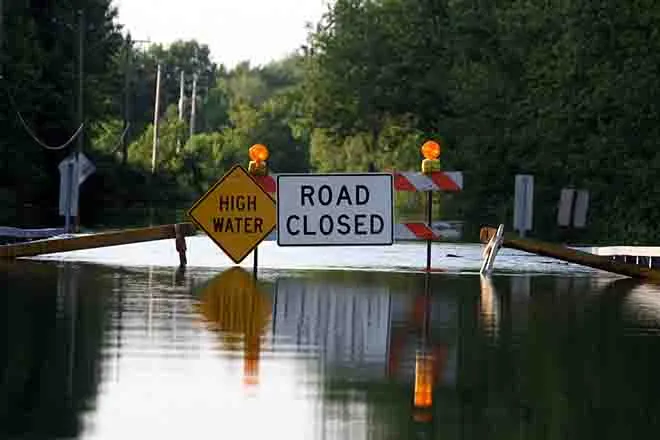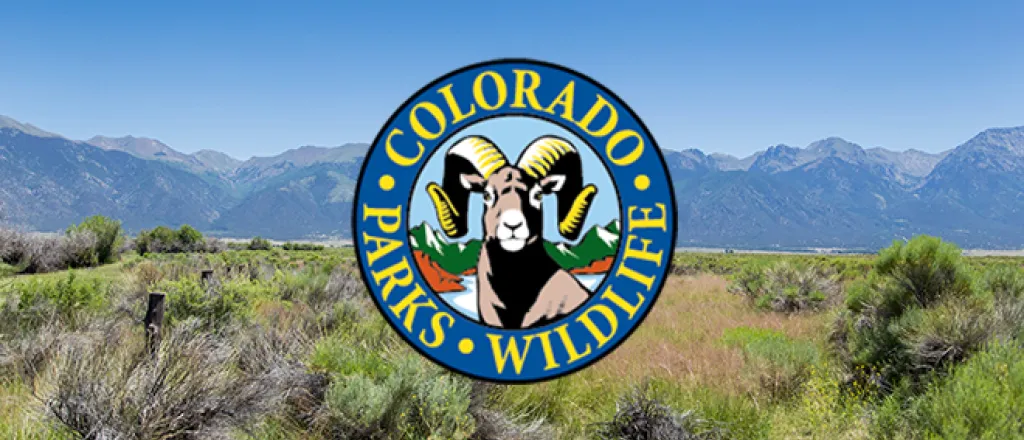
Parks and Wildlife Intercepts Four Boats Infested with Zebra or Quagga Mussels
Colorado Parks and Wildlife staff performed full decontaminations on four boats infested with zebra or quagga mussels between April 6-13. Each boat came into Colorado from another state and was intercepted at watercraft inspection and decontamination stations. CPW's Aquatic Nuisance Species program has intercepted 122 infested boats since the program began in 2008.
Interceptions of boats contaminated with invasive mussels has increased in recent years and continues to rise as the infestations in other states grow. Inspectors remain on high alert and continue to work with boaters to prevent invasive mussels from getting into Colorado. The infested boats were intercepted at Lake Pueblo, Ridgway, Chatfield and North Sterling state parks, and were coming to Colorado from Arizona, Kentucky, Nevada and Texas.
“Regardless of where the boat is registered, if it is used in any out of state waters, it must be inspected prior to launching on any Colorado water body,” says Robert Walters, CPW invasive species specialist. “Boaters need to take extra precautions to clean, drain and dry in between every launch and to be diligent about getting their inspection immediately upon returning to Colorado.”
Zebra and quagga mussels are among the worst invaders in the nation and pose a great ecological and financial threat to the state. The invasive mussels are transported great distances over land by attaching to recreational watercraft and equipment. They clog water infrastructure necessary to supply water to homes, farms, ranches, hydropower facilities and for industrial uses. They can cause irreversible harm to natural resources by reducing water quality, disrupting the aquatic food web ultimately harming fisheries and negatively affecting the ecosystem. Mussels can foul watercraft and damage engines and motors. These impacts cost the nation billions of dollars per year to mitigate.
“The invasion of zebra and quagga mussels can affect every Coloradan in some way,” said Reid DeWalt, CPW assistant director for wildlife and natural resources. “We need all residents and visitors to help protect our waters from invasive species.”
There are no invasive mussel populations in Colorado, and the state needs the continued support of boaters to keep it that way. Due to the diligence in preventing new introductions and monitoring our waters, Colorado is the only state in the nation to go from a positive detection to negative.
Colorado Parks and Wildlife reminds the public they can help stop the spread of aquatic nuisance species in Colorado and the western United States. Colorado regulations require boaters to clean, drain and dry before entering and when leaving waters:
- Clean: Remove all plants, animals, and mud from boats, trailers, vehicle hitches, and motors. Aquatic plant fragments and animals can hide in mud and survive many days out of water. It is prohibited to transport watercraft over land with aquatic vegetation on it. Be sure to clean all fishing equipment including waders and boots.
- Drain: Completely drain every space or item that could hold water, including live wells, bait containers, ballast, bilge and engines. Boat operators are required to remove all water drain plugs prior to leaving the boat ramp or parking lot, and that drain plugs are left out during transport and any time the watercraft is not on the water.
- Dry: Allow sufficient time for boats and equipment to dry completely before launching in other waters.
- Dispose: Properly dispose unused live bait into trash containers, not into the water. Properly dispose of aquarium or classroom animals or plants, do not place them in any body of water or natural setting.
- Report: If you find anything that you think is an invasive species on your boat or in a water body, report it to the CPW by calling (303) 291-7295 or emailing Invasive.Species@state.co.us.


